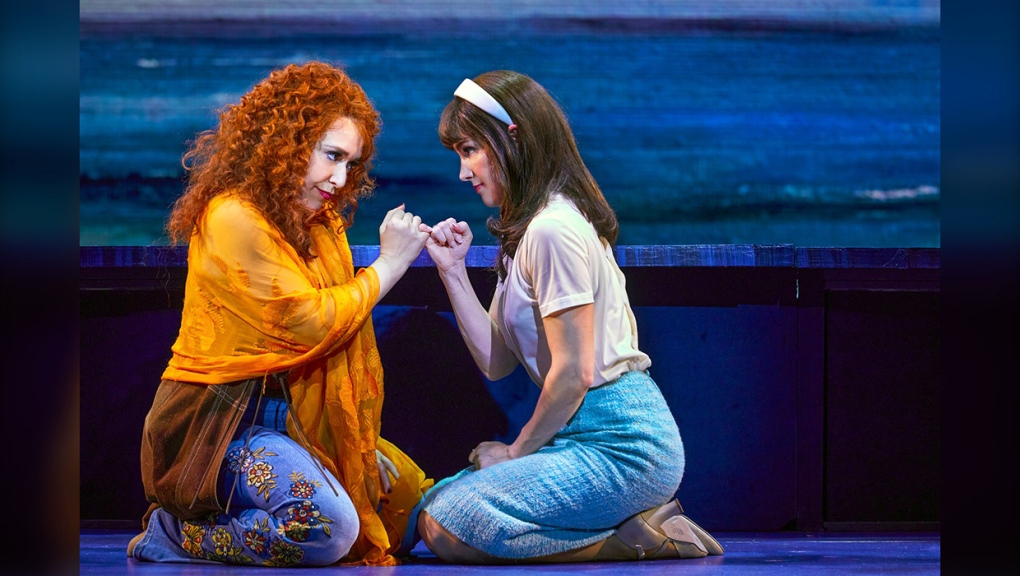An Octoroon — path-breaking satire on race and theatre

The Irish premiere of An Octoroon constitutes a peculiar homecoming. Branden Jacobs-Jenkins’s 2014 perform is dependent on a slavery-themed melodrama by the Irish writer Dion Boucicault, who wowed New York audiences in the mid-19th century.
A dirty, washed-up Boucicault, played with conscious Irishry by Rory Nolan, demonstrates up right here early on to lament his vanished fame and boast of acquiring invented the theatrical matinee. Those people pleas for recognition produce a tongue-in-cheek response as Jacobs-Jenkins subjects Boucicault’s work to caustic parody. But An Octoroon also appears to convey some admiration for Boucicault’s willingness, even so tainted by prejudice, to tackle slavery and interracial romance on stage. The provocative thought at the heart of this perform is that theatrical portrayals of race are so outlined by stereotypes that these can only be satirised and refashioned instead than definitely discarded.
That standpoint is supplied arresting visual sort via considerable use of whiteface, blackface and redface as the 10-solid forged send out up Boucicault’s convoluted tale about the appreciate amongst a plantation proprietor and a mixed-race freed slave woman in antebellum Louisiana. An Octoroon’s central taboo-defying conceit cocks a snook at the thought of “colour-blind casting”, which is the topic of a bracing opening monologue by the playwright’s change ego BJJ (Patrick Martins). It also indicates that race itself is a kind of efficiency that we are eternally condemned to repeat.
The textual content blends modified chunks of Boucicault’s dialogue with present-day vernacular. The latter’s virtues arrive to fore in An Octoroon’s most cohesive scenes, which characteristic two incongruously chipper enslaved women — Dido (Mara Allen) and Minnie (Leah Walker) — whose fast-fire badinage has the verbal depth of Shakespearean comedy. The vibrant present-day rhythms of their speech also emphasise slavery’s enduring legacy, for Dido and Minnie’s insouciant acceptance of their individual exploitation alludes to the persistence of these kinds of internalised racism nowadays.

The sections of the perform adapted from Boucicault are, by distinction, normally fairly plodding. The performers’ archly stilted playing model is possibly constant with Jacobs-Jenkins’s parodic intent. But in Anthony Simpson-Pike’s staging, the influence turns into putting on and monotonous above the study course of two hrs and 40 minutes (with an interval). There is too significantly declamation to the viewers, not plenty of conversation in between the people, and a absence of psychological texture. It also appears odd that Simpson-Pike does not make additional of the play’s Irish hinterland.
An Octoroon assisted start a wave of theatre devoted to exploring the racial politics of the medium. Jeremy O Harris’s erotic psychodrama Slave Participate in and Jackie Sibblies Drury’s surreal darkish comedy Fairview both equally evidently owe a personal debt to Jacobs-Jenkins’s enjoy. They also reinforce or refine central facets of its theatrical vision. The former, although not with out its flaws, surpasses An Octoroon in phrases of provocative sexual power. And Drury’s metatheatrical high jinks are crisper and much more precisely calibrated.
An Octoroon has currently attained putative canonical status. But on the proof of this staging, Jacobs-Jenkins’s signature work ought to be witnessed as a daring, route-breaking experiment that does not fairly advantage a permanent slot in the theatrical repertoire.
★★★☆☆
To May possibly 14, abbeytheatre.ie







